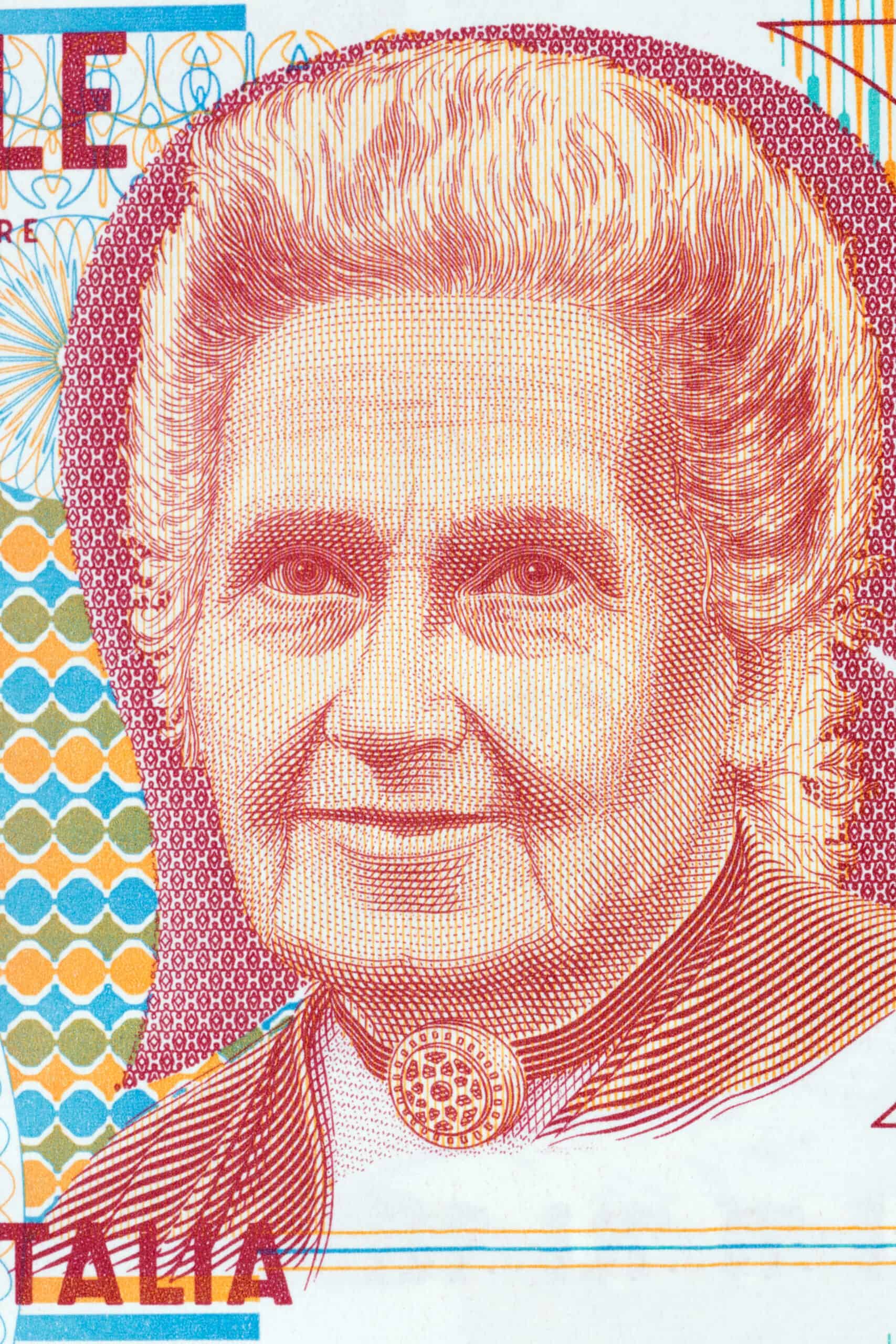

Who Was Maria Montessori, The Founder of Montessori Schools?
Who was Maria Montessori, the founder of Montessori schools? Dr. Maria Montessori wore many different hats during her lifetime. She was a licensed pediatrician and psychiatrist. She was a lecturer and a champion of social reform. A feminist who bucked convention, she is responsible for conceiving and designing the method of education that bears her name. Even if you aren't interested in sending your kids to a Montessori school, it's worth it to learn about this woman's incredible achievements. Keep reading to learn more about this fascinating woman.
Key Points
- She attended the University of Rome as its only female student at the time in 1896. She was required to wait until the men had seated before entering class, and was required to work on her cadavers alone, after hours.
- After graduating, Montessori became an advocate for social reform, especially in regards to children and women's rights.
- Her education model was put to work when she was approached to open a school for impoverished children in Rome.
Maria Montessori: Early Life and Education
Maria Montessori was born in Chiaravalle, Italy on August 31, 1870, the only child of Renilde Stoppani and Alessandro Montessori. Her father, an accountant, was a government employee. Her mother, like the majority of affluent women at that time, did not work outside of the home, though she was reportedly a voracious reader.
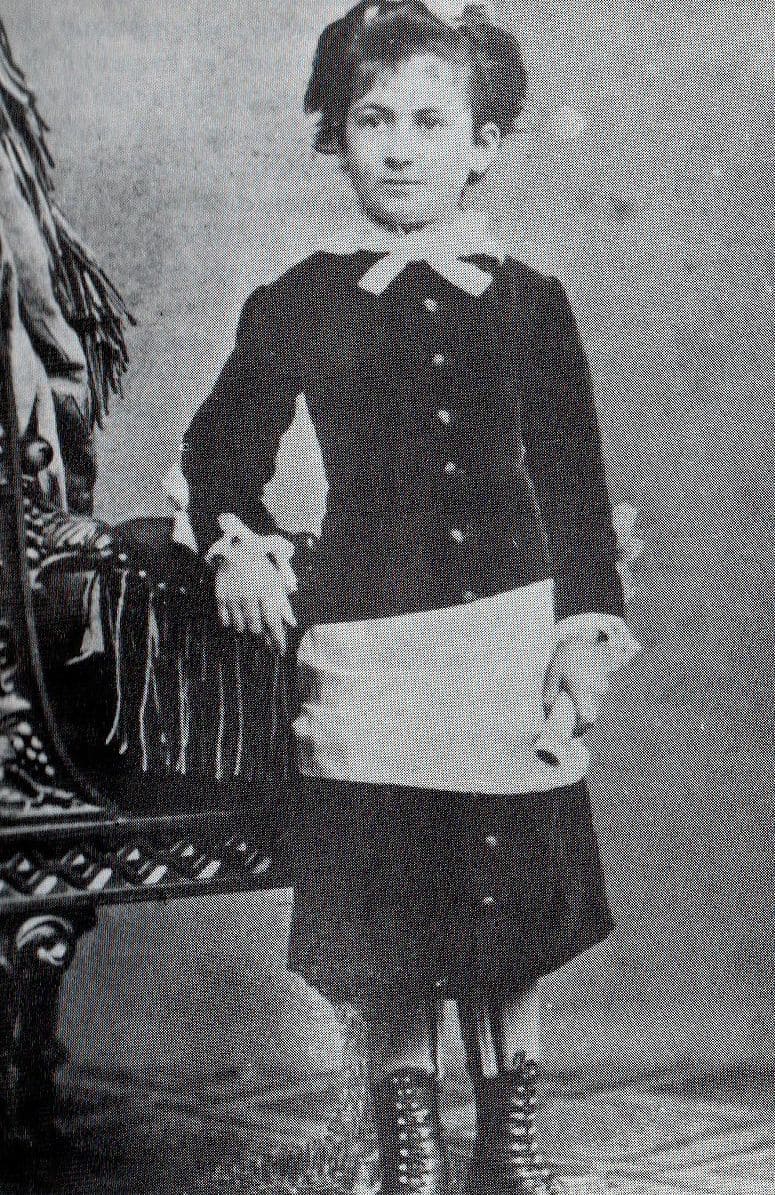
©aus einem Buch, Public domain, via Wikimedia Commons - Original / License
Maria's childhood was rather unremarkable if peripatetic. Her family moved to Florence, Italy when she was 2 years old. She was 4 years old when her family moved to Rome, Italy, where they settled. Maria attended public schools, reports suggesting that she was a capable, though stubborn student. Exhibiting an aptitude for, and interest in science and mathematics, she enrolled at a technical high school, uncommon for females of the time. Because of the strictly delineated gender roles of the day, Maria ate her lunch and took her recess apart from her male classmates. This discrimination followed her throughout her academic life.
Maria Montessori: Medical Student
Maria Montessori was denied entry to the University of Rome medical school on her first application for no reason stated beyond her gender. Nevertheless, she persisted, reapplying and gaining admittance, begrudgingly, on her second attempt, joining the University of Rome medical school class of 1896 as its solitary woman.
The University of Rome required that Maria be escorted to and from campus by her father, as it was not considered acceptable behavior for a young woman to be out alone. And though Maria consistently earned higher grades than her classmates, she was made to wait outside the classroom doors until all of the male students had been seated. Her isolation was further imposed in the lab, where she was tasked with performing dissections on her cadaver alone after hours.
Even after completing her coursework and passing her exams, upon graduating, Dr. Montessori's medical school diploma had to be amended, crossing through masculine nouns and pronouns, and replacing them with feminine forms to accurately reflect her gender.
Maria Montessori: Social Reformer
It was during her medical research, which took her to asylums and women's hospitals in Rome, that Montessori began to truly understand the lack of value society placed on women. Though she had experienced discrimination herself, she had not contemplated the scope of the problem.
Not long after graduating from medical school, Dr. Montessori found herself speaking at the International Women's Congress in Berlin, Germany. In her address, Montessori spoke up for the Italian women who worked in factories and fields, and on farms. These women worked alongside men, often for half the wages. Her mother, an early proponent of social justice, greatly influenced Maria. After her address, The International Women's Congress of 1898 unanimously approved Montessori's resolution of equal pay for equal work.
The following year, 1897, Dr. Montessori traveled throughout Italy giving a series of lectures in which she spoke of the evolving role of the woman. Considered radical, her pronouncements were, nonetheless, met with enthusiasm. Montessori spoke to the fears that feminism would destroy the nuclear family. She suggested that future generations of liberated women would be more maternal. She reasoned that these future feminists would be better mothers because they would be mothers by choice.
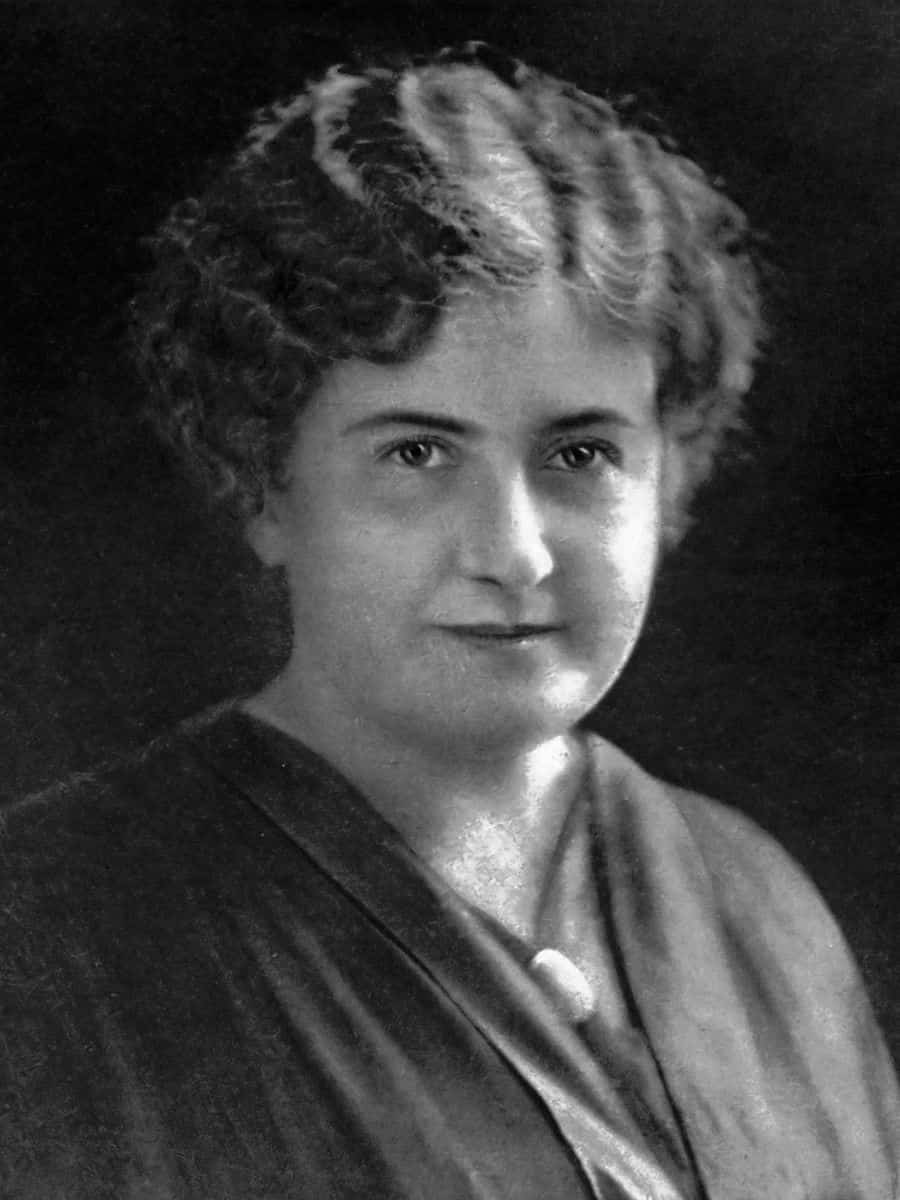
©Nationaal Archief 119-0489, Public domain, via Wikimedia Commons - Original / License
Motherhood
On March 31, 1898, Maria Montessori gave birth to her only child, a son she named Mario. Mario Montesano Montessori was the love child of Maria Montessori's affair with her co-worker, Giuseppe Montesano. Because she would have been expected to stop working to care for her child, Mario was sent to live with a family on the outskirts of Rome. Though Montessori was a frequent visitor at the home, Mario would not discover that Maria was his mother until he was 15 years old.
Maria Montessori: Child Advocate
Having continued her research, Montessori began lecturing about the need to educate children with mental disabilities and learning differences. The majority of these children were locked in institutions with little to no mental stimulation. At the Pedagogical Congress in Turin, Italy (1898), Dr. Montessori presented her findings: Locking up children who had difficulties adapting to society without any stimulation whatsoever was not the answer. Education would be their redemption, according to Maria Montessori.
She began reading the works of her predecessors in special education, primarily Friedrich Fröbel, Jean Marc Gaspard Itard, and Édouard Séguin. She translated the works of Itard and Séguin from French to Italian, by hand. Montessori credits Itard and Séguin with steering her toward education. She borrowed from and refined many of their original methods, applying them to her model. Social reform through education was an idea that would shape Montessori's life's work.
Maria Montessori: Special Educator
At the turn of the 20th century, Montessori's reputation as a social reformer and educator continued to grow and expand. She was becoming well-known throughout Europe. She was appointed co-director of the Scuola Magistrale Ortofrenica, a center for training teachers to work with children with special needs. During her two years at the center, Montessori developed and refined her methods, adapting them for mainstream use.
The Scuola Magistrale Ortofrenica had an attached laboratory classroom. The first class was composed of children from the asylum as well as normal children who had been deemed uneducable The resounding success of the class garnered the attention of government officials as well as Montessori's peers in a variety of fields from education to anthropology.
Upon leaving her post at the center, Montessori returned to school to get a degree in philosophy, while simultaneously auditing classes in anthropology. She would spend the next years developing her scientific pedagogy while continuing to lecture at the university.
Maria Montessori: Mainstream Educator
Bearing witness to the success of her methods with children with special needs, government officials approached Montessori about opening a school for the children of families living in an impoverished area of Rome. Thus, the very first Montessori school, Casa dei Bambini (Children's House) opened its doors on January 6, 1907. And the rest, as they say, is history.
Casa dei Bambini was an immediate success. Demand for spots in the school was so great that a second school opened on April 7, 1907. As her method spread rapidly across Europe, Montessori began training teachers in 1909. Italy and Switzerland officially adopted her methods in public schools in 1911. By 1913 Montessori schools were popping up in North America. Montessori's early U.S. patrons included Alexander Graham Bell, Thomas Edison, and Helen Keller.
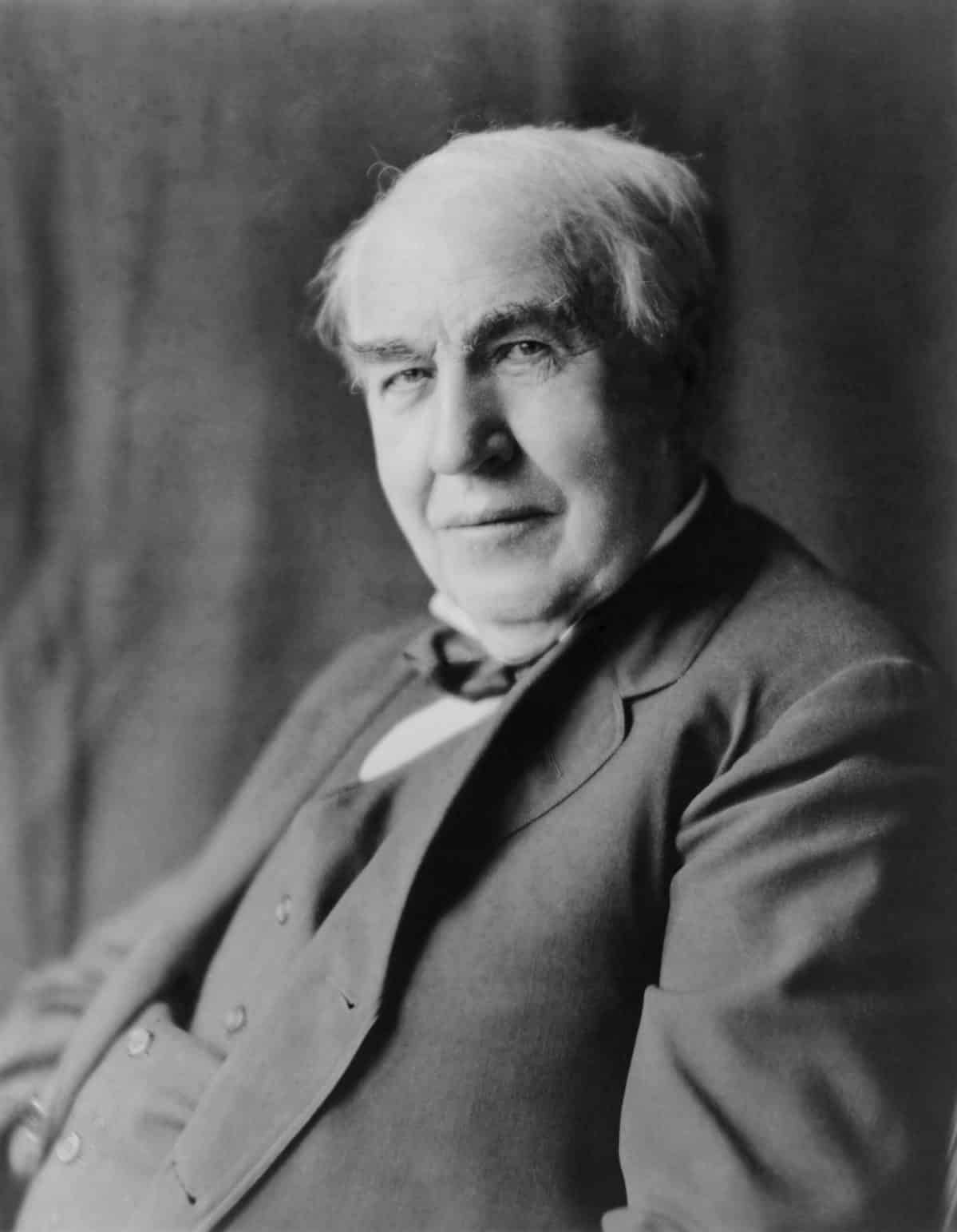
©Everett Collection/Shutterstock.com
Maria Montessori: Mainstream Success
Thanks to her keen sensibilities and foresight, Montessori was able to oversee this rapid growth, without diluting her product. She remained actively involved in the operations of the resulting Montessori empire up until her death in 1952, continuing to refine and modify her methods to fit the times.
Over 100 years after the first Montessori school opened its doors, Montessori continues to be the fasting growing method of education in the world. Montessori boasts 20,000 schools in 110 countries across the globe. The United States is home to approximately 5,000 Montessori schools. Though the lion's share are private, Montessori is beginning to make inroads in the public sector, via magnets and charters. Many parents resonate with the ideals that Maria Montessori had, and see this method of education as a good solution to the growing problems with American schools.
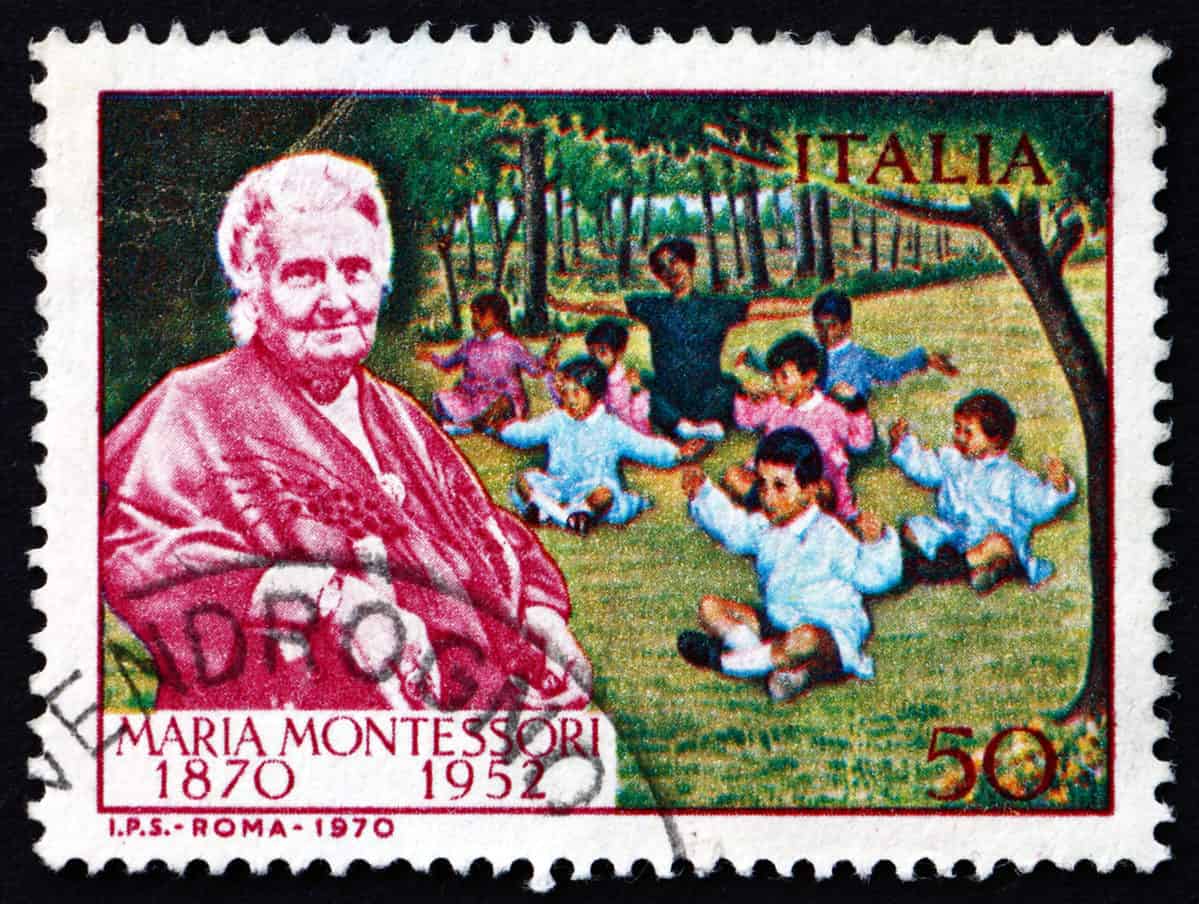
©Boris15/Shutterstock.com
Montessori graduates span an array of professions from singers Beyoncé Knowles and Taylor Swift to entrepreneurs Jeff Bezos and Bill Gates. You might also recognize Anne Frank, Chelsea Clinton, and Prince George among Montessori's list of alumni. Maria Montessori would give them all of the credit. She, after all, understood that children are their own greatest teachers. Her legacy in the world of education and the impact she had on women's and children's rights in Italy cannot be understated. From being the only female medical student at the University of Rome at the time to pioneering a tried-and-true education model, she is truly a figure of significance in our history.
Maria Montessori in the News
Those interested in learning more about Maria Montessori might be interested to know that an indie film about her life is in production. Indie Sales is the studio behind the film; in February 2023, they gave film news outlet Screen Daily an exclusive look at the film. Simply called Maria Montessori, this movie will intertwine the real story of Montessori with a fictional story about a Parisian star trying to hide her child's disability.
If you're interested in a Montessori education, or are simply curious about the woman who has had such a notable impact on education, we encourage you to check this film out once it's released. The film will debut in France; currently, it is unknown when or if the studio plans to release the film internationally as well. Given the widespread availability of movies these days, it's fairly likely that you'll be able to access this film in the United States some time after its initial release. Its French name will be La Nouvelle Femme.
Maria Montessori will focus on the ways that Montessori helped special needs children, an aspect of her life and legacy that often gets overshadowed by her monumental contributions to pedagogy. Lea Todorov, the film's director, noted a special interest in this aspect of Montessori's life. This will be Todorov's first feature film.